Description
Isotretinoin are closely related to vitamin A derivatives. It reduces the production of sebum, a natural substance that causes acne. This medicine kills acne-causing bacteria and prevents spots or pimples from appearing. Each capsule contains 30 mg of Isotretinoin as its active ingredient.
Drug = Isotretinoin
Strength = 30 mg
Contains – 10 capsules
How to take
Maybe taken together with food or right after a meal. Swallow it whole with a glass of water. Do not break, chew or suck the capsule.
Isotretinoin should be taken daily at exactly the same time in order to achieve the desired result.
Isotretinoin should be taken as directed by the doctor or based on the instructions enclosed in the package upon purchase. Please note that you are only allowed to take the prescribed number of capsules, nothing more or less.
Do not discontinue use unless directed by the doctor.
Dosage of Isotretinoin (Isotroin) 30 mg Capsule
Adult: Initially started on a dose of 0.5 mg/kg day in one or two divided doses. The dose is gradually increased to 1 mg/kg day if necessary. The usual duration of treatment is 16-24 weeks.Treatment course may be repeated after 8 weeks if the condition recurs.
Missed Dose of Isotretinoin (Isotroin) 30 mg Capsule
In case of a missed dose, take it as soon as you remember. If in some cases, the missed dose is taken several minutes from the daily dose, DO NOT take the additional capsule. Return to the usual schedule of taking them the next day.
Under any circumstances, do not take double the dose.
Overdose of Isotretinoin (Isotroin) 30 mg Capsule
If you have taken Isotretinoin more than the prescribed dose. Inform your physician immediately and do not delay seeking help.
Symptoms of overdose include the following:
- Vomiting
- Facial flushing
- Cheilosis (excessive drying of both corners of the mouth)
- Abdominal pain
- Headache
- Dizziness
- Ataxia (difficulty in walking or ambulation)
- Major congenital malformations (in cases of individuals who took isotretinoin not knowing they are pregnant)
- Spontaneous abortion
- Premature births
Contraindications
Individuals with any of the following medical conditions are strongly discouraged from taking Isotretinoin:
- Hypervitaminosis A (excessive amounts of Vitamin A in the body, manifested by cracking of the fingernails, loss of appetite and bone pain)
- Hyperlipidemia (increased levels of cholesterol in the blood)
- Hepatic impairment
- Pregnancy
- Lactation
Side Effects
Side effects of Isotretinoin include:
- Erythema (redness of the facial area)
- Skin peeling
- Stinging sensation
- Pruritus (itchiness)
- Irritation
- Tenderness
- Dry skin
- Hirsutism (presence of unwanted hairs especially noted on the facial area and common among women)
- Sensitivity to light
- Skin pigmentation (appears as patches of uneven skin tone)
- Paronychia (infection of the nails, commonly seen in the corners of the skin that comes in contact with the nails)
- Nail dystrophy
- Pyogenic granuloma (appearance of a reddish mass that gradually enlarge over a period of days to weeks and bleeds easily since it is made up of a friable tissue with a thin stalk)
- Increased sweating
- Visual disturbances
- Headache
- Gastrointestinal discomfort (nausea, vomiting)
- Muscle and joint pains
- Elevation of serum triglycerides, liver function test, erythrocyte sedimentation rate (ESR) and blood glucose
- Mood swings
Potentially Fatal side effects:
- Hemorrhagic pancreatitis ( severe abdominal pain located on the left upper quadrant radiating to the back with abnormalities in bleeding parameters, blood sugar levels)
- Stevens-Johnson syndrome (appears as a rash that spreads to almost all parts of the body, most commonly seen in drug allergies)
- Toxic epidermal necrolysis (same appearance of the rash as the SJS but more generalized and affects more than 10% of the body)
Warnings/Precautions:
Do not take Isotretinoin with any of the following medicines:
- Vitamin A or its derivatives
- Microdosed progesterone
- Anti-acne agents
- Benzoyl peroxide
Potentially Fatal effects when combined with:
- Tetracycline
Inform your doctor and pharmacist if you are taking any other medications such as Chinese herbal tonics, vitamin supplements and over the counter drugs.
This list does not include all medicines that may interact with Isotretinoin.
How Does It Work?
Isotretinoin acts by reducing the size of glands that produce sebum resulting in a decrease in the amount of facial oil production thereby preventing the blockage of pores which acts as a nidus for the growth of acne-causing bacteria.
Isotretinoin controls the growth and maturation of skin cells. It also increases the immune mechanism and hampers the movement of the white blood cells to reduce inflammation.
Uses
Isotretinoin is used to treat the following conditions:
- Acne
Special Precautions and Warnings
Take special precautions if you have any of the following conditions:
- Women who are possibly pregnant or plans to get pregnant
- Anorexia nervosa
- History of allergy or hypersensitivity to light
- Depression
- Diabetes
- Obesity
- HIstory of binge alcohol drinking
- Family history of age-related bone degeneration
- History of childhood osteoporosis
- Osteomalacia or other bone metabolism disorders
- Not to be used for the treatment of acne during the prepubertal age
- Severe renal impairment
Storage Conditions
- Store between temperatures 20-25°C, protected from light, away from the direct heat of the sun
- Store in a cool, dry place away from the reach of children.
- Do not use Isotretinoin after the expiry date indicated on the package

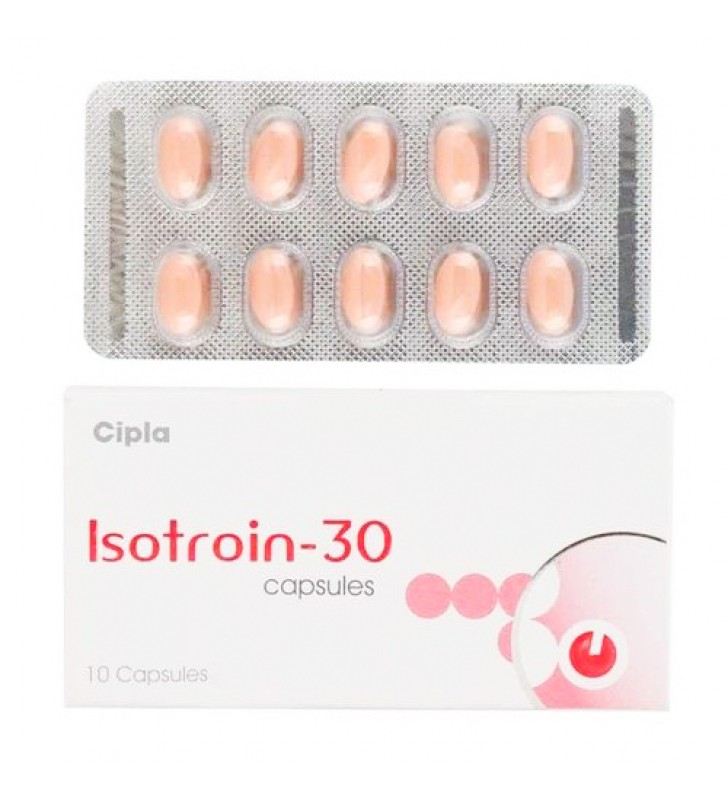
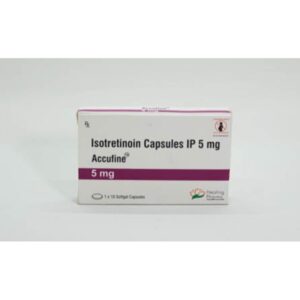
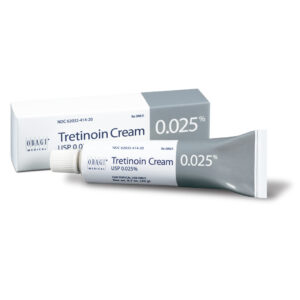
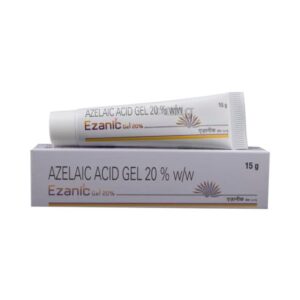
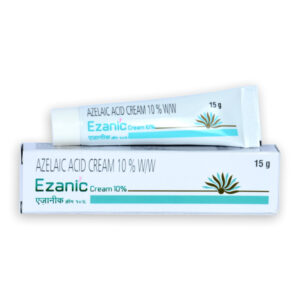
Reviews
There are no reviews yet.